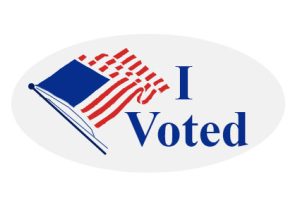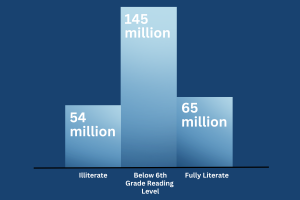Con
October 2, 2019
As schools continue to incorporate current events into their curriculum in an attempt to keep students informed about events going on in their community, it is important to take a step back and consider the type of information that young, impressionable students are being shown. Children as young as five years old are being sent home with flyers encouraging them to participate in protests and take political stances before they are old enough to fully comprehend their implications. Sending politically-charged flyers home with elementary school students is where the line between education and influence needs to be drawn.
Members of the Meyerholz community sent home flyers with their students regarding a protest focused on publicizing the faults of the HNC. Protestors alleged that the HNC has a low success rate and a high cost compared to other similar programs, as well as poor management and a negative impact on neighborhood safety. While this issue is of great importance to the community, the flyers only tell one side of the story. Elementary school students are too young to understand the information they are being fed through these flyers and the consequences of both sides of the argument. The flyers that were handed out at Meyerholz highlighted all the negative aspects of HNC and everything that the government was hiding. However, it never covered the purpose of the program, the people it has helped or what being a part of the program is actually like. Giving them small bits of information in hopes of swaying them to stand in support of a certain viewpoint is merely taking advantage of their naiveté.
“Asking children to take a stance against an issue that they haven’t been well-educated on can be misleading and detrimental to the children,” said senior Anna Chiang. “They don’t have enough information to take a stance of their own.”
Instead, efforts should be directed toward providing students with an unbiased perspective of events going on in the community so that they are given the opportunity to formulate their own opinions on the situation, and politically-charged flyers should be aimed at parents rather than their children.
“I think you need to start from things that are more applicable to their lives, so that you can train them to form their own opinions,” Chiang said.
It is important to keep young children free of political influence, instead of overloading them with information they are not equipped to understand. Community members sending home these flyers with children goes beyond wanting to educate them and becomes a situation of people taking advantage of the innocence of younger children and how they are too young to fully comprehend the situation and its implications.



























































